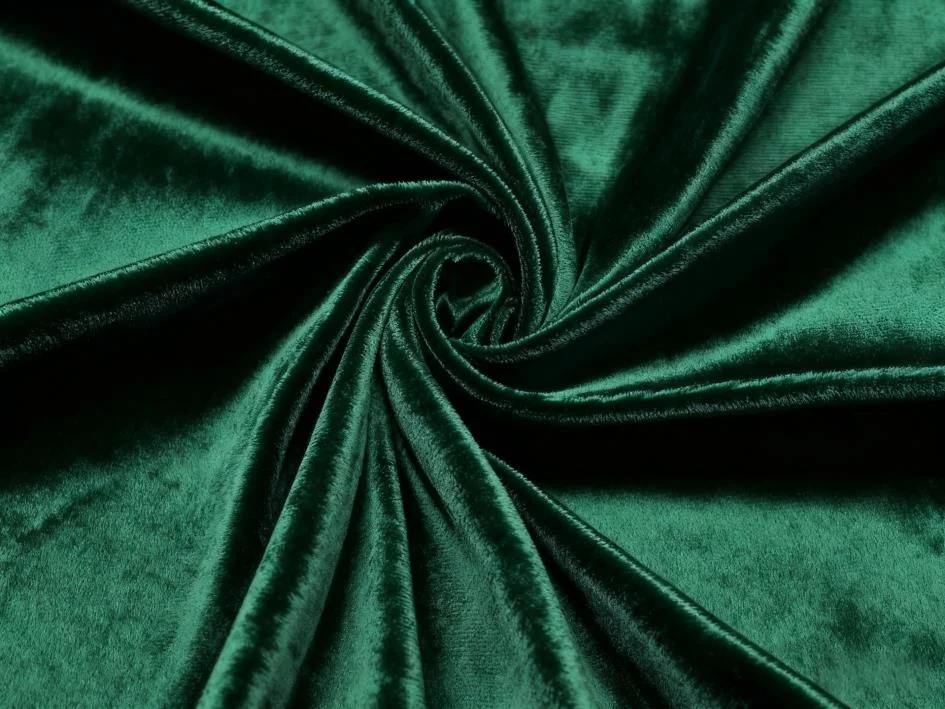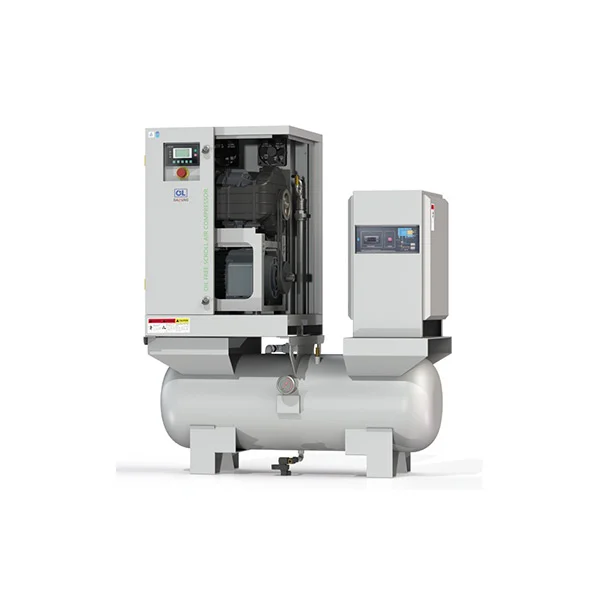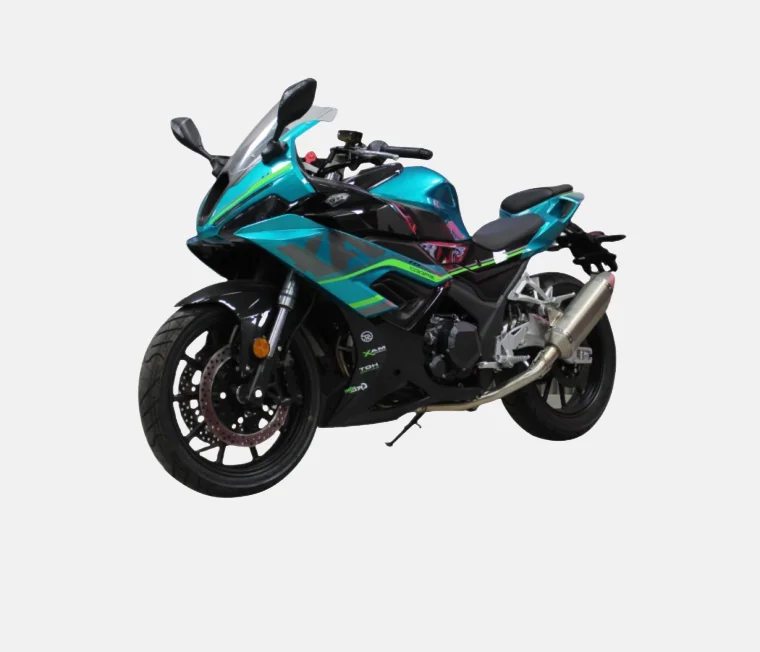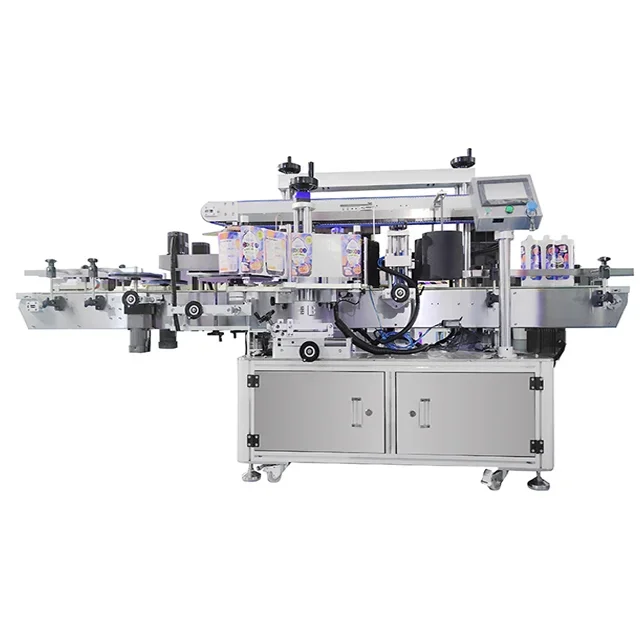In today's world, where environmental consciousness is on the rise, the fashion industry is undergoing a significant transformation. As consumers become more aware of the impact of their choices, the demand for eco-friendly clothing has surged. One crucial aspect of sustainable fashion lies in the use of eco-friendly fibers. In this article, we will delve into the world of sustainable textiles, exploring various eco-friendly fibers for clothing and their benefits.
- Organic Cotton:
Organic cotton is a popular choice for eco-conscious consumers. Grown without the use of synthetic pesticides or fertilizers, it reduces the environmental impact associated with conventional cotton farming. Additionally, organic cotton farming promotes soil health and water conservation. The resulting fabric is soft, breathable, and hypoallergenic, making it ideal for clothing. - Hemp:
Hemp is a versatile and sustainable fiber that has gained recognition in the fashion industry. It requires minimal water and no pesticides to grow, making it an environmentally friendly alternative to traditional crops. Hemp fibers are durable, breathable, and naturally resistant to UV rays and mold. Its incorporation into clothing not only reduces the carbon footprint but also provides long-lasting and comfortable garments. - Tencel (Lyocell):
Tencel, also known as Lyocell, is a regenerated fiber made from sustainably sourced wood pulp, often from eucalyptus trees. The production process involves a closed-loop system, where solvents are recycled, minimizing waste. Tencel fabrics are soft, breathable, and have excellent moisture-wicking properties, making them suitable for activewear and everyday clothing. Additionally, Tencel production requires less water compared to conventional cotton. - Recycled Polyester:
Recycled polyester, also known as rPET, is a synthetic fiber made from post-consumer plastic bottles. By diverting plastic waste from landfills and oceans, recycled polyester helps reduce pollution and conserve resources. The production process involves melting down the plastic bottles, transforming them into polyester fibers. The resulting fabric is durable, wrinkle-resistant, and moisture-wicking, making it suitable for a wide range of clothing applications. - Bamboo:
Bamboo fibers have gained popularity as a sustainable alternative to traditional textiles. Bamboo is a fast-growing plant that requires minimal water and no pesticides to thrive. The fibers are processed mechanically or chemically to create soft and breathable fabrics. Bamboo fabrics have natural antibacterial properties, excellent moisture absorption, and are biodegradable. However, it is essential to ensure that the bamboo used is sourced from sustainable and responsibly managed forests.
Conclusion:
As the fashion industry embraces sustainability, eco-friendly fibers for clothing play a vital role in reducing environmental impact. Organic cotton, hemp, Tencel, recycled polyester, and bamboo are just a few examples of the innovative and sustainable materials available. By choosing clothing made from these fibers, consumers can contribute to a greener future while enjoying high-quality, comfortable garments. Embrace the sustainable revolution and make a difference with your fashion choices!




